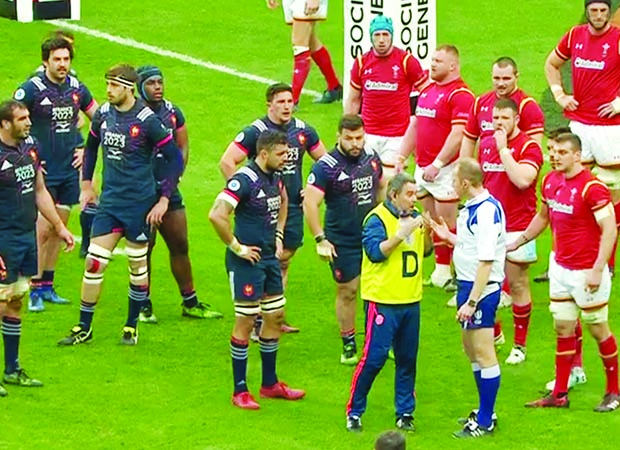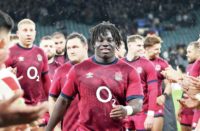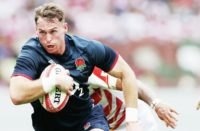 Rob Howley should remember that nobody likes a bad loser as he struggles to justify a poor Six Nations‘ performance by his Welsh side by denigrating his opponents.
Rob Howley should remember that nobody likes a bad loser as he struggles to justify a poor Six Nations‘ performance by his Welsh side by denigrating his opponents.
With much of the media surrounding our game now concentrating on player welfare, for Howley to accuse the French of deliberately misleading match officials about a player’s health is unbelievable.
What makes it even more ridiculous are his attempts to justify his position with the comment that the referee asked Uini Atonio if he was all right. No player in the middle of a game would ever reply: “No sir, I think I’d better go off,” which is why the head injury assessment (HIA) was bought in by World Rugby in the first place.
Added to which, Atonio is a far better prop than Rabah Slimani who, despite an over-estimation of the importance of his return to the fray by some, would have weakened the French scrum.
The thing that puzzles me most is: why shouldn’t a coach leave the technical area to consult a doctor if he feels a player may be injured?
We all know that nowadays players are constantly monitored electronically during the game with even the slightest sign of fatigue or injury leading to substitution. For a specialist position like front row where the possible consequence of head injury could lead to a far more dangerous situation in a collapsed scrum, it would be important to check any sign of potential injury.
The one area where Howley has stayed very quiet is the continual collapsing by his scrum and the referee’s failure to award a penalty try.
It doesn’t add up with scrum penalties all going against the Welsh and only a single yellow card being brandished by referee Wayne Barnes.
Personally, I like Barnes as a referee and I don’t think he is biased either way, but having been in a situation where the referee has promised a penalty try for the next infringement, then only to lose his bottle because it would decide the match, I know how frustrated the French lock Yoann Maetsri would feel.
In the 1990 Grand Slam decider, New Zealand referee David Bishop cautioned Scottish captain David Sole that if he collapsed again it would be a penalty try.
Sole collapsed twice more and was given the same warning each time. Scotland disrupted the next scrum and kicked the ball down field going on to win the game and a Grand Slam.
Speaking of failed English Grand Slams, the game last week was, to some extent, a blessed relief for Eddie Jones, ending what had become a nightmare scenario.
When Jones took over with just a few weeks before his first game, he more or less had to run with the squad that he was left by his predecessor, Stuart Lancaster.
A squad that had been labelled as losers and without a hope of winning anything – and yet from day one they won everything.
A squad that is winning is harder to change than a squad that is not, so dear old Eddie has stuck, barring injury, with his players and has been rewarded by a record-equalling run of wins.
As a foundation, it has created a desire for players to be a part of his team and there will be no shortage of players desperate to be on the summer tour to Argentina despite its potential as a ‘banana skin’ country for those starting their international career.
Despite England‘s success, Jones has a lot of thinking and tinkering to do before he gets to the team that he has in mind, a team that can dominate the world of rugby like the All Blacks over the past decade.
The front row is all but sorted, Jones has his four props, but at hooker he either needs his captain to start playing like one rather than a bit-part player who gets subbed off before the action really starts, or accept Jamie George as No.1 choice.
Second row needs some clarity with so much talent, but my three choices would be Joe Launchbury, George Kruis and Maro Itoje, three great young players who will dominate the English game for years.
Back row is a problem with only No. 8 Billy Vunipola truly cementing his place for the future.
Courtney Lawes’ cameo as a blind side highlighted the versatility of the England packs back three, but if Jones is serious about being No.1 in the world, he is going to have to find specialists on both the blind and open side of the scrum.
Scrum-half should see Care and Youngs continue but fly-half is a conundrum with many possible outcomes.
Does Jones continue with the George Ford-Owen Farrell axis or does he make a choice and play the playmaker or the kicker?
If he chooses the playmaker, he has to find a place for his kicker. If he chooses the kicker then it has to be Daly at 12.
It’s that choice that will define the rest of England’s backs, how they play over the next two years and whether Jones is the coach we think he is.
























